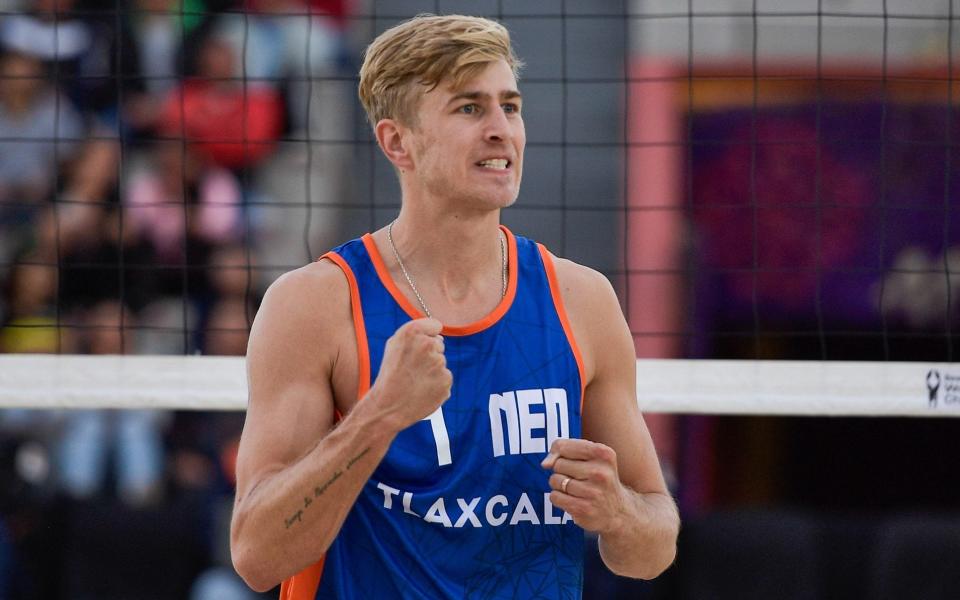Sports
Paula Radcliffe apologises after backing Olympic selection of Dutch child rapist


Paula Radcliffe has apologised for her defence of the hugely controversial Dutch decision to allow convicted child rapist Steven van de Velde to compete at the Paris Olympics, in which she said: “I actually wish him the best of luck.”
Van de Valde, 29, is representing Netherlands in beach volleyball at the Games, despite being sentenced to four years in prison in 2016 for raping a 12-year-old British girl when he was 19. While his involvement has been condemned by everyone from Australian chef de mission Anna Meares to multiple victims’ advocacy groups, Radcliffe, Britain’s former marathon world record-holder, argued that he should be shown mercy.
Describing the idea of banning Van de Velde as a “very dangerous line to go down”, she said: “We allow people who cheat in sport and take drugs to come back and compete. He was 19 at the time and he has served his jailed time. It’s a long time to carry on paying for that mistake for the rest of your life. He may well have turned it around and completely repented. You certainly hope.
“I know that he is married now and settled down. I think it’s a tough thing to do, to punish him twice. If he has managed successfully to turn his life around after being sent to prison, and to qualify and be playing sport at the highest level, then I actually wish him the best of luck. If it were to be repeated now or if it had been last year, I would be saying a different thing. But I think the learning difference from 19 to 29 is huge.”
She later issued an apology for those remarks, made to Andrew Marr’s LBC programme, telling a user on X, formerly Twitter: “I can only apologise, that isn’t what I intended to say. I stress that it isn’t something that can be excused in any way. I was confused in my head.”


Radcliffe’s argument that Van de Velde deserved to be at the Games did not account for the fact that he had been told by Judge Francis Sheridan upon sentencing: “Prior to coming to this country, you were training as a successful Olympian. Your hopes of representing your country now lie as a shattered dream.” His own defence lawyer, Linda Strudwick, said of the verdict: “The headlines say it all: ‘A sex monster. It’s plainly a career end for him.”
On the contrary, Van de Velde has been allowed by the Dutch Olympic Committee and volleyball federation to rehabilitate his career. He and playing partner Matthew Immers are ranked 11th in the world and considered realistic contenders for a medal in Paris. The Dutch have formed the tightest of protective cordons around him, arranging for him to stay away from the athletes’ village and forbidding him from speaking to the media.
Pieter van den Hoogenband, the Olympic champion swimmer now leading the Dutch delegation, has voiced his surprise about the intensity of the backlash. “He has been active in international sports, the beach volleyball world, for a long time,” he said. “He has played in World Cups, European Championships, but then you see that things are different around the Games. Things are exaggerated.”
There will be global scrutiny on Van de Velde once his event begins on Sunday, in a purpose-built arena beside the Eiffel Tower. An International Olympic Committee spokesperson stressed that the organisation had no involvement in his call-up and that there was “special extra safeguarding in place”.
Some rival nations have been adamant that they would not select athletes with criminal convictions. “If an athlete or staff member had that conviction they would not be a member of our team,” said Meares, twice an Olympic champion for Australia. “We have stringent policies on safeguarding.”






